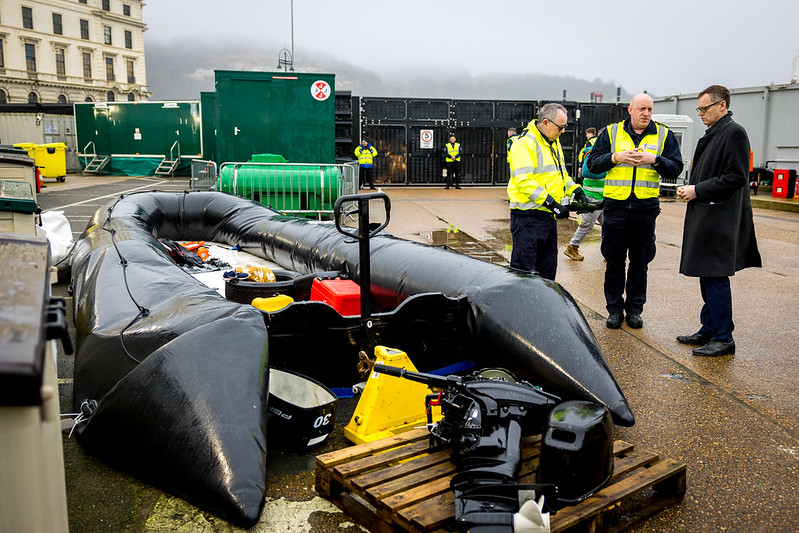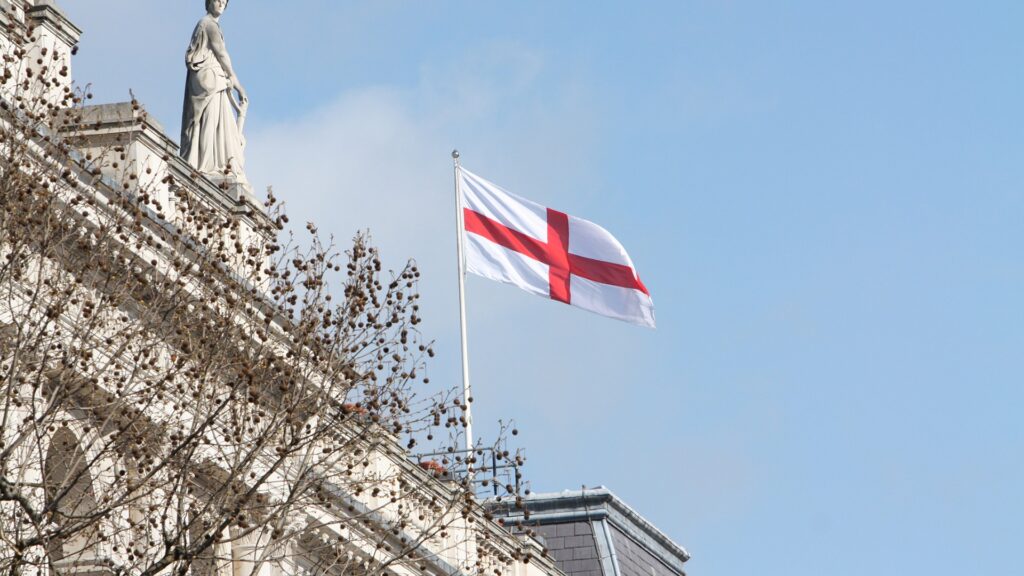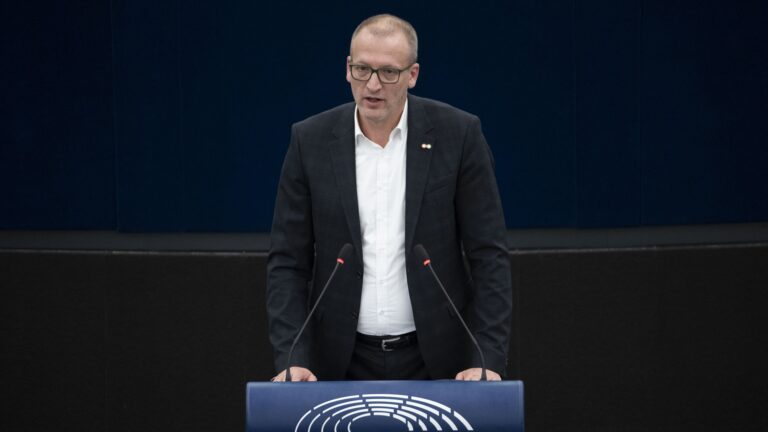Article by Simon Cottee
Britain has an immigration crisis.
Every week, hundreds of people illegally enter the country on boats and the government is seemingly powerless to stop it. Most of these individuals, who have enlisted the services of human traffickers to enter the UK and who have arrived from France, claim that they are refugees in search of sanctuary from persecution in their home countries. A significant number of these claims are false, and not of few of the claimants go on to commit horrific crimes in the UK.
The border crisis is compounded by the fact that the country is deeply divided over its broader meaning and what to do about it. This division has produced much in the way of heated argument, but little in the way of practical solutions to the crisis, since the opposing political tribes have radically different ideas about migrants, the threat or promise they pose and the nature of our obligations (if any) to them.
Among progressives to the left of the British Prime Minister Keir Starmer, the border crisis isn’t really a crisis: it is a form of enrichment. We all benefit from migrants, both culturally and economically, and we ought to do more to facilitate their entry into the UK, which is obligated to help them. Indeed, given the UK’s past colonial crimes, we owe them. And if the newly arrived migrants go on to commit crimes here, we might wonder about how our own hostile reception towards them has contributed to that.
Indeed, the border crisis is really a far-Right crisis, where virulently racist tropes that were once fringe are now becoming “mainstreamed” and threaten the safety of all minorities.
For the patriotic Right (or far-Right, if you prefer), the border crisis is more than a crisis: it is a challenge, a humiliation and a violation. The country was once great and ruled the seas and innumerable other countries; it even made rousing songs about this. Now it can’t even control its own borders, which are being breached by “military-aged” men from “backward” countries; it even produces sub-par bands which celebrate this.
Indeed, they argue, the border crisis is emblematic of a much wider decline where a culture of self-hatred and guilt has overtaken our political elites, where no one really knows or cares what it means to be English or British anymore and where basic standards of civilised behaviour have lost their authority and influence. If Britain is going (or has gone) to the proverbial, there is no clearer evidence of this than the spectacle of the police providing safe passage to an Uber Eats rider delivering a Five Guys food order to migrants housed in a 4-star hotel in Canary Wharf – or a portly, bespectacled Starmer promising that he’ll smash the smuggling gangs.
In other words, scratch below the surface of the border crisis and what you find is a volatile combination of fear and disgust, driven by deeper anxieties over corruption and betrayal. At its centre is an imperilled idea of Britishness and cultural purity.
This is most obviously the case on the Right, for whom the figure of the sexually predatory migrant looms so large. To be clear, this isn’t just a trope from the online fever swamps of right-wing agitation, although it of course happily thrives there. It’s a blunt and unpleasant social fact in the real world.
In the UK there are numerous cases of migrants who have committed or been charged with sexual assault, often against minors. It’s also a fact that Hadush Kebatu, a 38-year-old asylum seeker from Ethiopia, was charged in July with three counts of sexual assault – one against a 14-year-old girl – within less than two weeks of arriving in the UK on an illegal boat and it is this fact which likely explains why the Essex town in which Kebatu was given sanctuary – Epping – came out on mass against the hotel housing him and his fellow migrants.
At the same time, it’s also true that migrant sexual predation has become a radicalising concern for many anti-immigrant protesters – and it’s worth trying to decode why it has become such an explosive issue for so many.
Sexual assault is of course a serious crime, but it’s more than that: it’s a deep violation of the body and self. But when a migrant commits a sexual assault against a British citizen, he commits a further violation: namely, the violation of the kindness and charity that his hosts extended to him and which he has repaid in the most despicable way. For those victimised or indirectly threatened by his actions, and for those who can barely make ends meet themselves, there’s an overwhelming feeling that an extraordinary and unforgivable liberty is being taken against the British people.
Outrage is further amplified by the knowledge that the crimes of the newly arrived migrants were not inevitable and wouldn’t have happened had Britain’s elites been tougher or more forthright in controlling the country’s borders and repelling the migrants in the first place. This explains why so much of the hostility exhibited at the anti-immigrant protests is directed at the police, who symbolically represent the ineffectual and spineless elites that the Right believes are trying to destroy the country. It also explains why Starmer is hated with such intensity on the Right and the glee with which so many call him a “wanker”: he is the personification of the bureaucratic deep-state that has betrayed the country and allowed it to go to the dogs.
There is something else going on, too, which is harder to capture, let alone measure. It is driven, I think, by a growing feeling that the country is out of control, that it has lost or relinquished its identity and has become an island not just of strangers but of strange men whose polluting way of life is an existential threat everything that is sacred about Britain. Nothing more viscerally demonstrates this than when a migrant rapes a British girl. For some on the Right, it is proof-positive that the migrants are barbaric and paedophilic; it is also a justification for their immediate removal and mass-deportation. For others, it is more unsettling: a sickening feeling that one is powerless to protect one’s loved one’s from the violent and predatory behaviour of men we don’t and can’t know.
From the perspective of progressives, this is all mania and moral panic fuelled by the far-right, which can’t keep off the subject of paedophiles and how elites protect and enable them. Granted, they say, several migrants have committed or been accused of sexual assault, but it’s a tiny minority. Most migrants are law-abiding and, in any case, stranger rape is really quite rare and so on. In fact, the far greater threat comes from the far-right, which by weaponising the myth of the “racialised sexual predator” not only endangers all minorities but betrays the very spirit of the British multicultural project. Indeed, it is they who are sullying Britain, not the migrants. It is they who should be condemned, ostracised and purged from the company of decent British folk.
If you thought, as I once indulgently did, that western progressives were no good at speaking the language of moral disgust, a quick glance at how some of them talk about those they perceive to be on the Right, which is invariably anyone who isn’t enthusiastically pro-migrant, would quickly disabuse you of that assumption.
Two weeks ago, for example, an anti-far-Right protestor, when interviewed by Konstantin Kisin outside the Britannia Hotel in Canary Wharf, called the handful of anti-migrant protesters across the street from where she was standing “ugly thugs”. Meanwhile, over in Epping, the pro-immigration counter-protesters were even more trenchant, chanting “Nazi scum, off our streets”.
Progressives, too, have their own version of “defend our girls”, which is centred on young boys but animated by a similar set of concerns over corruption and innocence. The idea, roughly, is that the far-right is growing and actively trying to groom and radicalise vulnerable boys and teens in online spaces, particularly gaming platforms. Indeed, there is a whole genre of left-leaning journalism and commentary warning parents about the red flags of far-Right demonic possession and how to exorcise its polluting grip should it take hold of a loved one. “Parents need to understand how white supremacists prey on teen boys, so they can intervene,” one such article declared under the headline “Racists Are Recruiting. Watch Your White Sons.”
All of this is to suggest that Britain’s border crisis is as much a mirror as a problem, revealing a country that is bitterly divided over its past, who its enemies are and what it should aspire to be. Quite what the migrants must make of it is anyone’s guess, although it must be jarring to know that your presence is the cause of so much strife in a country that itself, rather like the migrants themselves, has become so estranged from its past and so uncertain about its future.
Meanwhile, the urgent question of how the crisis should be resolved and what steps can be taken to make that realistically happen still remains. Nigel Farage’s unveiling last week of Reform’s policy of detention and deportation of hundreds of thousands of irregular migrants is one answer to it, but it’s far from clear that the British state has the fortitude and democratic accountability to fully implement it. What is certain is that division over the small boats crisis will only intensify the longer it is allowed to go on.







